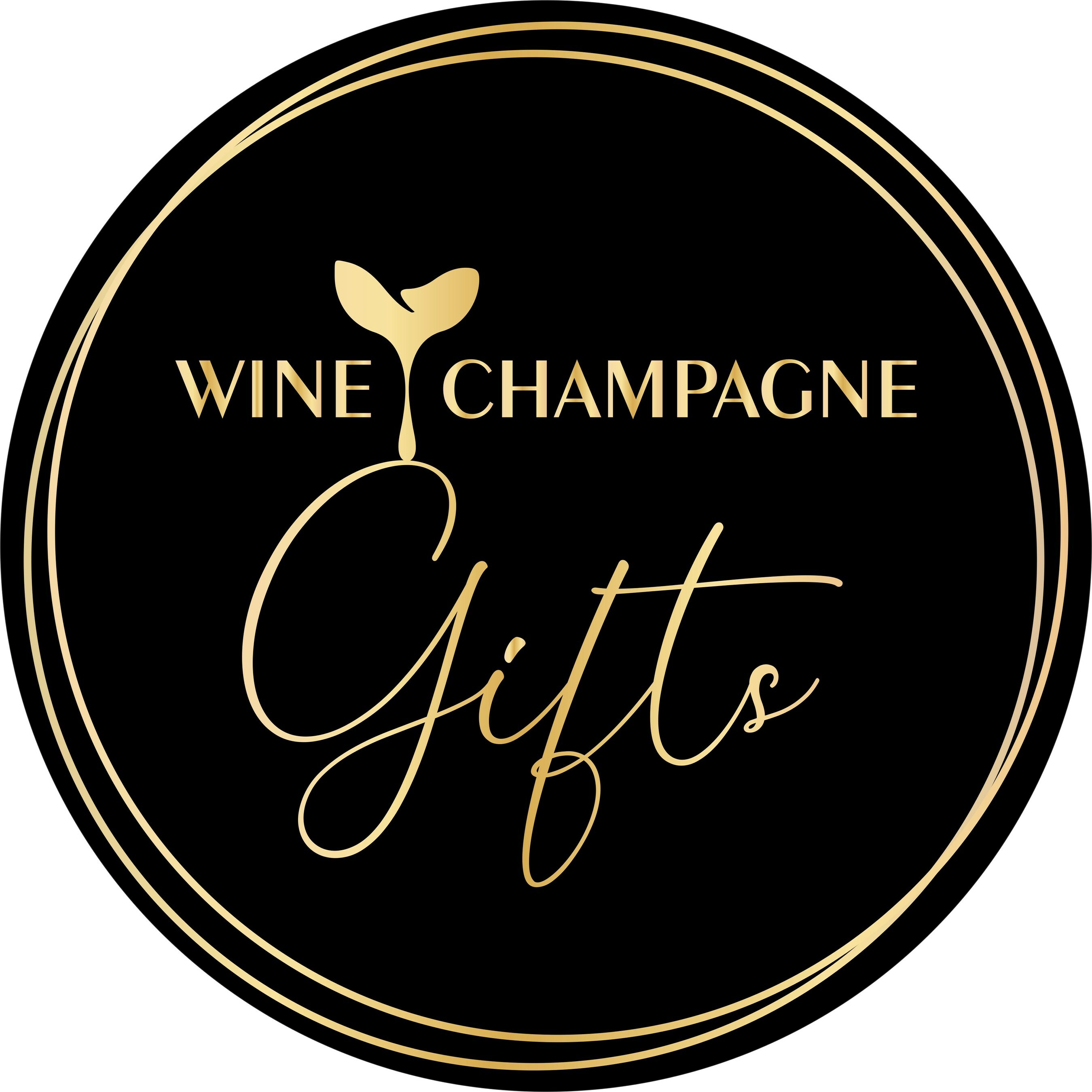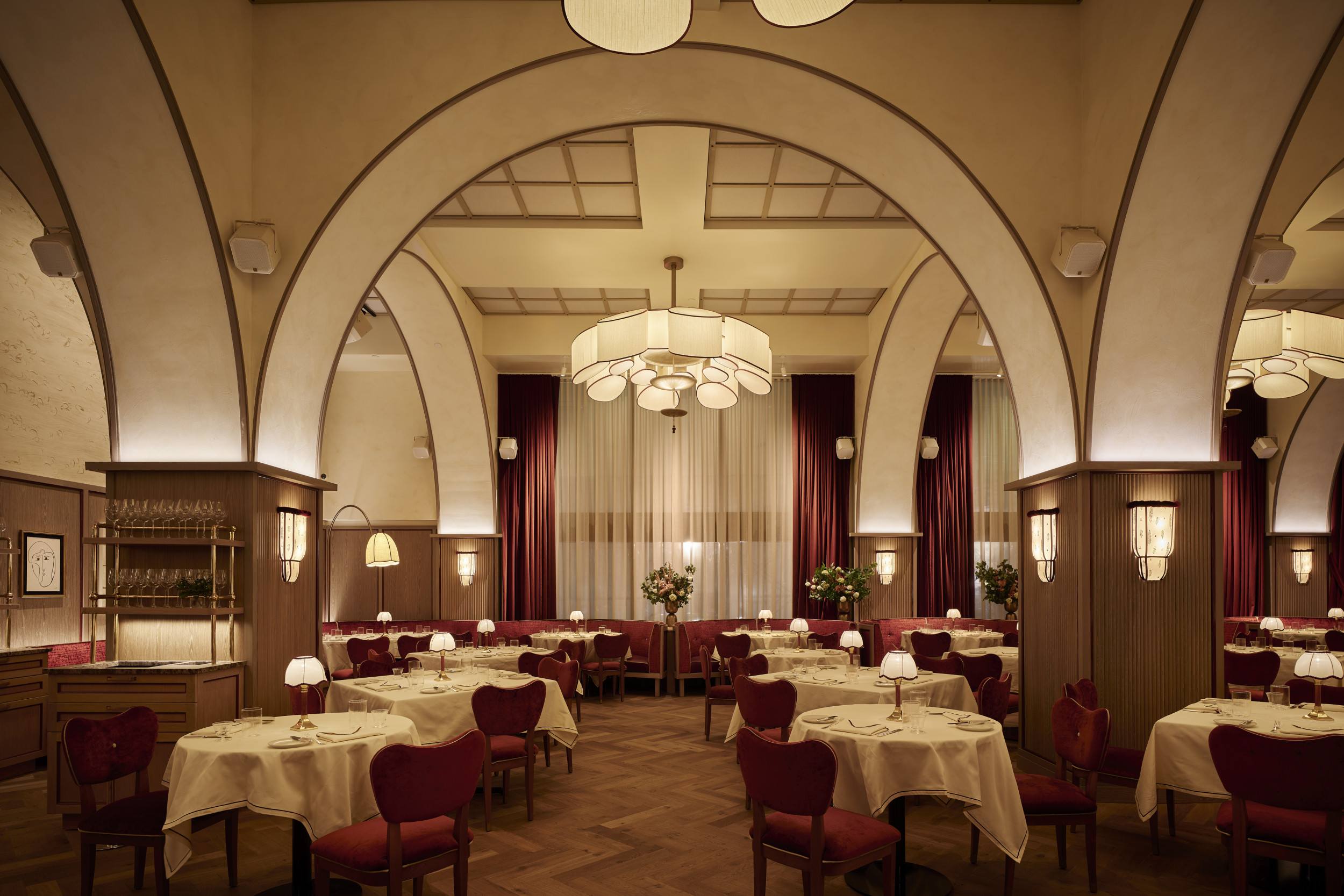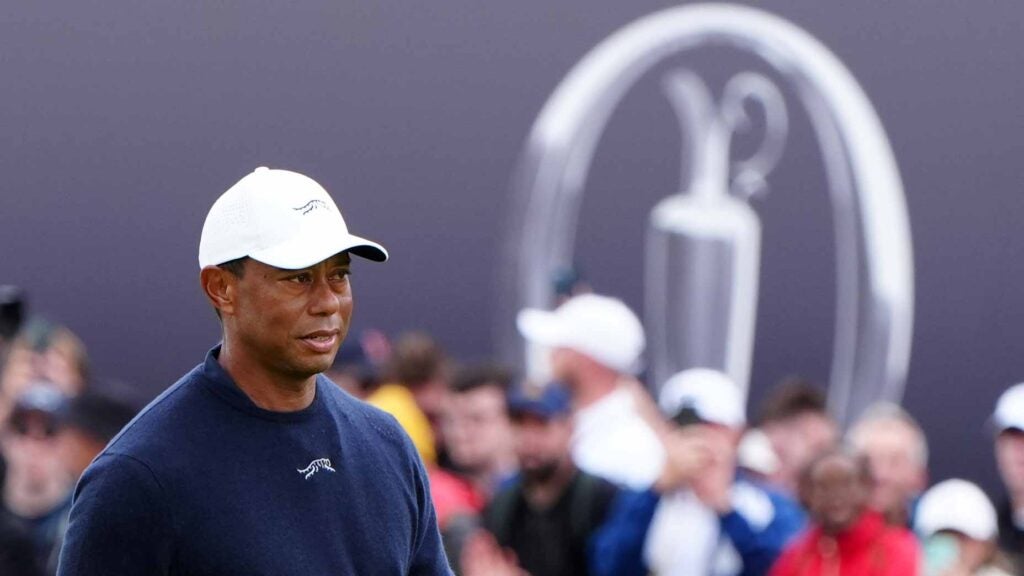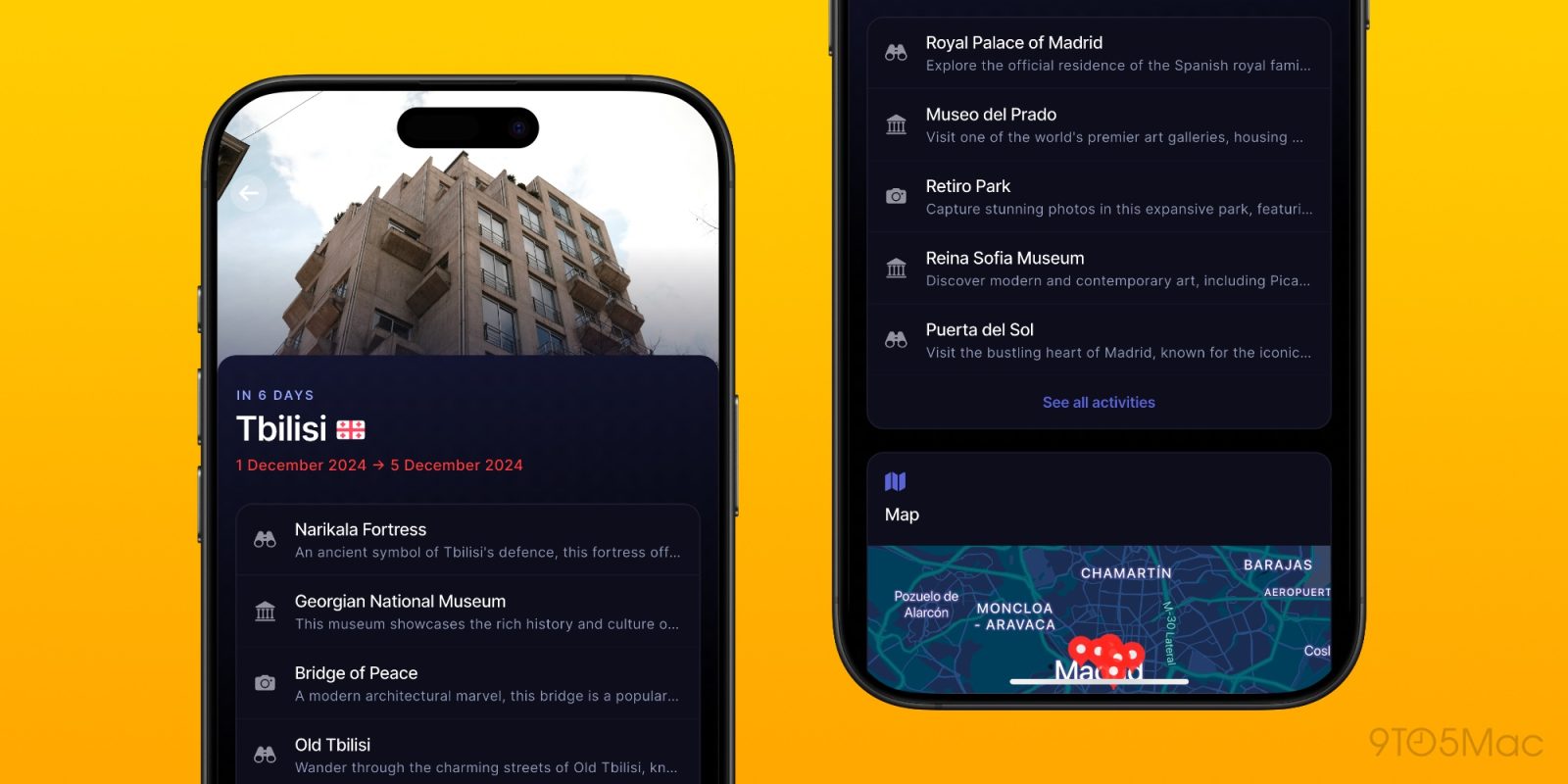Starbucks is facing challenges in its China market, as same-store sales in the country plummeted 14% in the company's fourth quarter. It's running up against a low-cost model led by local upstarts and money-conscious consumers, but it has some advantages. On Starbucks' fourth-quarter earnings call , newly installed CEO Brian Niccol told investors he needed to spend more time in China to understand the challenges.
The company's same-store sales in the country plummeted 14% as foot traffic and the average spend per customer fell. Niccol told CNBC's Andrew Ross Sorkin that he plans to visit the country the first or second week of December to better understand the business. Here's what he might see when he visits.
Chinese upstarts have been growing in popularity in the coffee space, competing with more than 7,300 Starbucks stores in the country. The formerly Nasdaq-listed Luckin Coffee ran into accounting issues and went through a de-listing. But despite that, the Chinese coffee chain has been growing fast in China, with more than 20,000 stores by the end of third quarter.
And it is far from the only one. Other local rivals include Cotti Coffee, Manner, M Stand, Seesaw and Nowwa. Luckin, Cotti, and Manner are the most aggressive on pricing.
For example, in Beijing, a small latte that costs $4.22 at Starbucks goes for $2.25 at Luckin, $1.
75 at Cotti, and $2.11 at Manner. And that's without the regular steep discounts.
One recent day, for example, saw Luckin offering a promotion se.


















